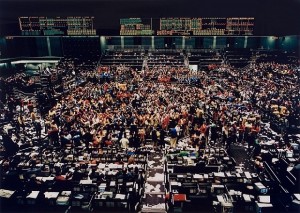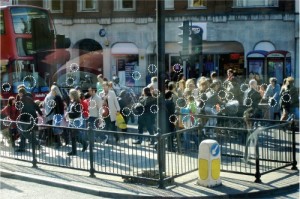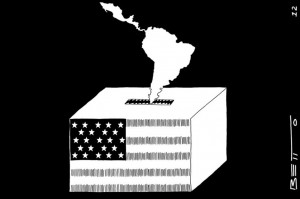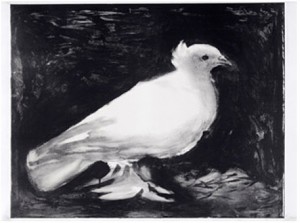 Britain’s biggest bank, HSBC, recently agreed to a record $1.92 billion settlement with U.S. authorities over charges that it laundered billions of dollars tied to Latin American drug cartels, so-called “rogue states,” and foreign terrorist organizations. Although the U.S. Department of Justice (DOJ) has made a show of these massive money-laundering settlements in recent years, the fact that U.S. authorities have cowered from actually prosecuting these massive crimes shows how illicit financial flows remain a structural—and perhaps increasingly necessary—pillar of the global capitalist system.
Britain’s biggest bank, HSBC, recently agreed to a record $1.92 billion settlement with U.S. authorities over charges that it laundered billions of dollars tied to Latin American drug cartels, so-called “rogue states,” and foreign terrorist organizations. Although the U.S. Department of Justice (DOJ) has made a show of these massive money-laundering settlements in recent years, the fact that U.S. authorities have cowered from actually prosecuting these massive crimes shows how illicit financial flows remain a structural—and perhaps increasingly necessary—pillar of the global capitalist system.
According to the NY Times, DOJ officials feared “criminal prosecution would topple the bank and, in the process, endanger the financial system.” Although the money-laundering business of major banks is being exposed, U.S. investigators insist the banks are too big to indict. They claim criminal prosecution could have destabilizing “collateral consequences” that would ripple across the world financial system. Continue reading

 University of Chicago Press is launching a new journal called
University of Chicago Press is launching a new journal called 






